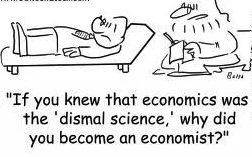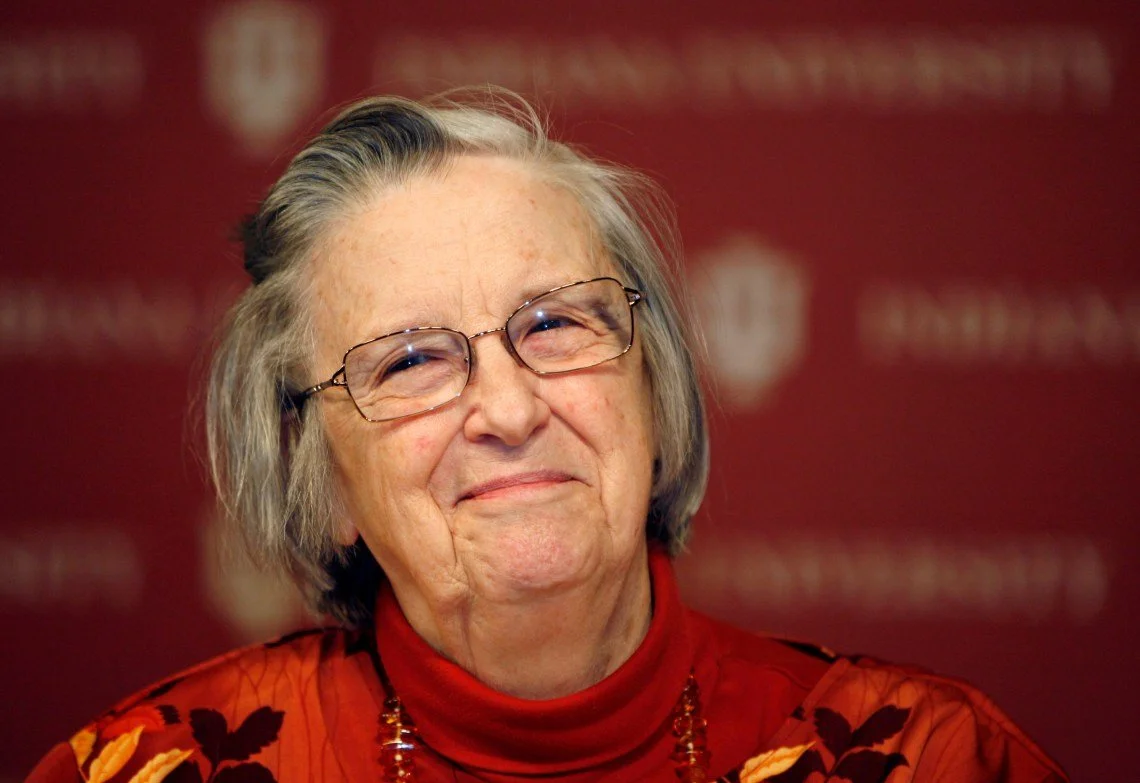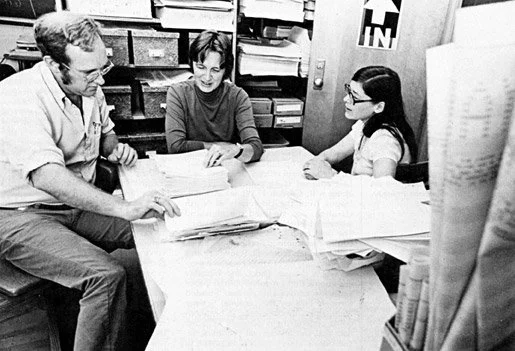THE ECONOMIST AND THE COMMONS
Economics has been called "the dismal science." In classrooms and computer labs, tight-lipped men gather data, crunch numbers, and craft worst-case scenarios.
People, they say, act on self-interest. Resources are finite but population skyrockets. Caught in the crossfire of "getting and spending," the planet is pillaged. Nothing you can do about it, economists say. They are no fun at parties.
Elinor Ostrom did not agree. "I don’t see the human as hopeless," the Indiana University professor said. "There’s a general tendency to presume people just act for short-term profit. But anyone who knows about small-town businesses and how people in a community relate to one another realizes that many of those decisions are not just for profit."
Ostrom looked more like a grandmother than a Nobel laureate. Known to students and colleagues as "Lin," she wore loud sweaters, laughed with gusto, gestured widely. And in 2009, when she became the first woman to win the Nobel Prize in economics, practitioners of the dismal science responded in unison: "Who?"
"The announcement of her prize caused amazement to several economists," a Princeton prof said, "including some prominent colleagues who had never even heard of her.”
Ostrom's work was little known in econ circles because technically, she was not an economist. As a girl growing up in Los Angeles, she was discouraged from studying math. But overcoming poverty and her single mother's indifference to college, she enrolled at UCLA. Her math deficiency kept her out of econ so she studied political science, then went looking for jobs. “I had a college degree, but everyone asked me if I could take shorthand and type."
Frustrated but still curious, she tried a doctoral program in econ but again, the math, the math. So she studied political science, earning her Ph.D. in 1965. Then she and her husband, economist Vincent Ostrom, went to Indiana University and began sharing interests. He crunched the numbers. She did the field studies. Their target was another grim "truth" in economics -- "the tragedy of the commons."
According to the theory, common ground is doomed. Fisheries, clean air, fresh water, anything that can be shared won't be shared for long. Self-interest leads to competition, overuse, collapse. Hence, dismal. But Elinor Ostrom did not share the gloom.
In 1973, the Ostroms set up their own think tank. Instead of gathering grad students to help them curse the darkness, they set out in search of candles. Over the next three decades, the Ostroms studied common grounds around the globe. Elinor interviewed farmers in Nepal, mountain villagers in Switzerland, lobstermen in Maine, herders in Africa. What she found was anything but tragic.
Far from econ departments, Ostrom discovered, the world’s commons were often well-managed. Self-interest demands resource preservation, and when farmers, fishermen, foresters work together, they agree on limits, goals, and penalties. Allowed to run their own commons, they thrive and so does nature.
Back in Indiana, Ostrom devised simulations. Students were given shares of a common resource. Some were encouraged to discuss plans, hammer out rules. Others were left alone or else micro-managed by an outside organization like the World Bank. The latter groups ended in tragedy. The self-guided groups doubled their resources. The commons was the winner in simulation, just as it often is in Nepal, Switzerland, Africa. . .
But there was an IF as big as a bureaucracy. Wary of sweeping programs designed to save the world, Ostrom’s motto became "No panaceas!" "I’m not against government," she said. "I’m just against the idea that it’s got to be some bureaucracy that figures everything out for people."
When she won the Nobel, Ostrom was as shocked as those who had never heard of her. "When you don’t dream something like that would ever happen, why would you even think about it?" But the attention brought new followers. In 2010, the Utne Reader made Ostrom one of its "25 Visionaries Who Are Changing Your World." Two years later, TIME named her among the "100 Most Influential People in the World."
Elinor Ostrom died in 2012 but as the dismal science darkens, her research and spirit continue to guide those studying "sustainability." Both in the commons and at home.
"We need to get people away from the notion that you have to have a fancy car and a huge house. . . Some of our mentality about what it means to have a good life is, I think, not going to help us in the next 50 years. We have to think through how to choose a meaningful life where we’re helping one another in ways that really help the Earth.














